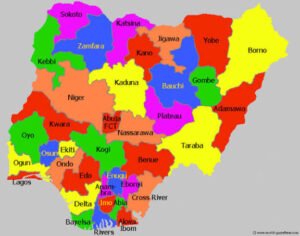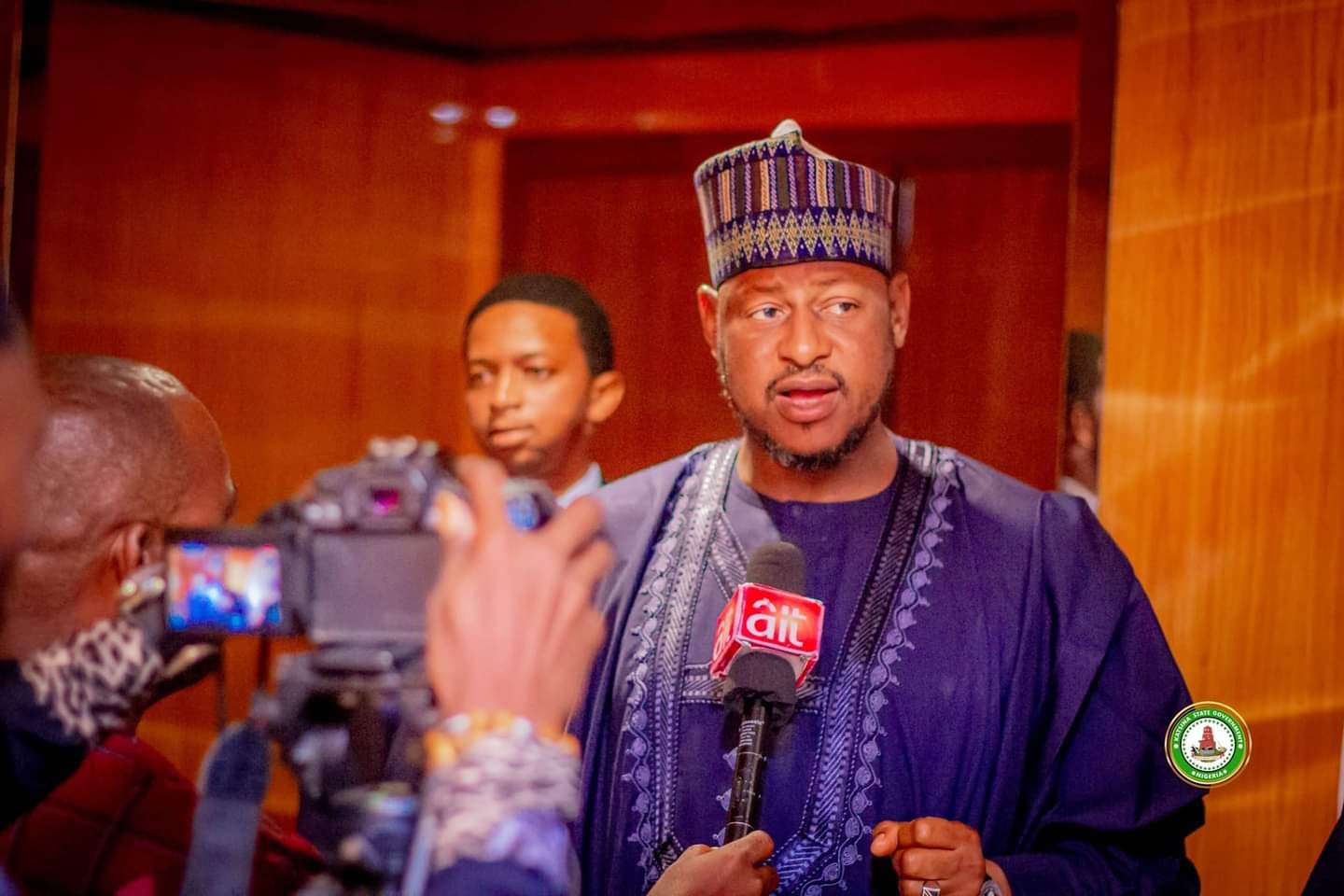The World Bank on Wednesday said despite the economic reforms of the Federal Government, 139 million Nigerians out of the estimated 200 million are living in poverty.
The World Bank’s Country Director, Mathew Verghis, stated this at the launch of the Nigeria Development Update (NDU) report in Abuja.
Verghis warned that more needs to be done to improve the living standard of Nigerians.
The country director also raised concerns over the nation’s food inflation rate, utilisation of increased funds from the Federation Account allocation committee, and the shock-responsive safety net system meant to help households manage crises.
Verghis explained that addressing the issues raised will pave the way for development across all levels.
“Food inflation affects everybody, but particularly the poor, and has the potential to undermine political support for reforms,” he said.
“Tight monetary policy is important, but it must be complemented by structural reforms to address deep-seated supply and market constraints. Despite these stabilisation gains, many Nigerians are still struggling,” he said.
He however acknowledged that the reforms initiated by the Tinubu administration are bearing results.
“Over the last two years, Nigeria has tremendously implemented bold reforms — notably around the exchange rate and petrol subsidy,” Verghis said.
“These policies have laid the foundation for transforming Nigeria’s economic trajectory for decades to come.
“Growth has picked up, revenues have risen, debt indicators are improving, the FX market is stabilising, reserves are rising, and inflation is finally beginning to come down. These are big achievements, and many countries would envy them,” he said.






